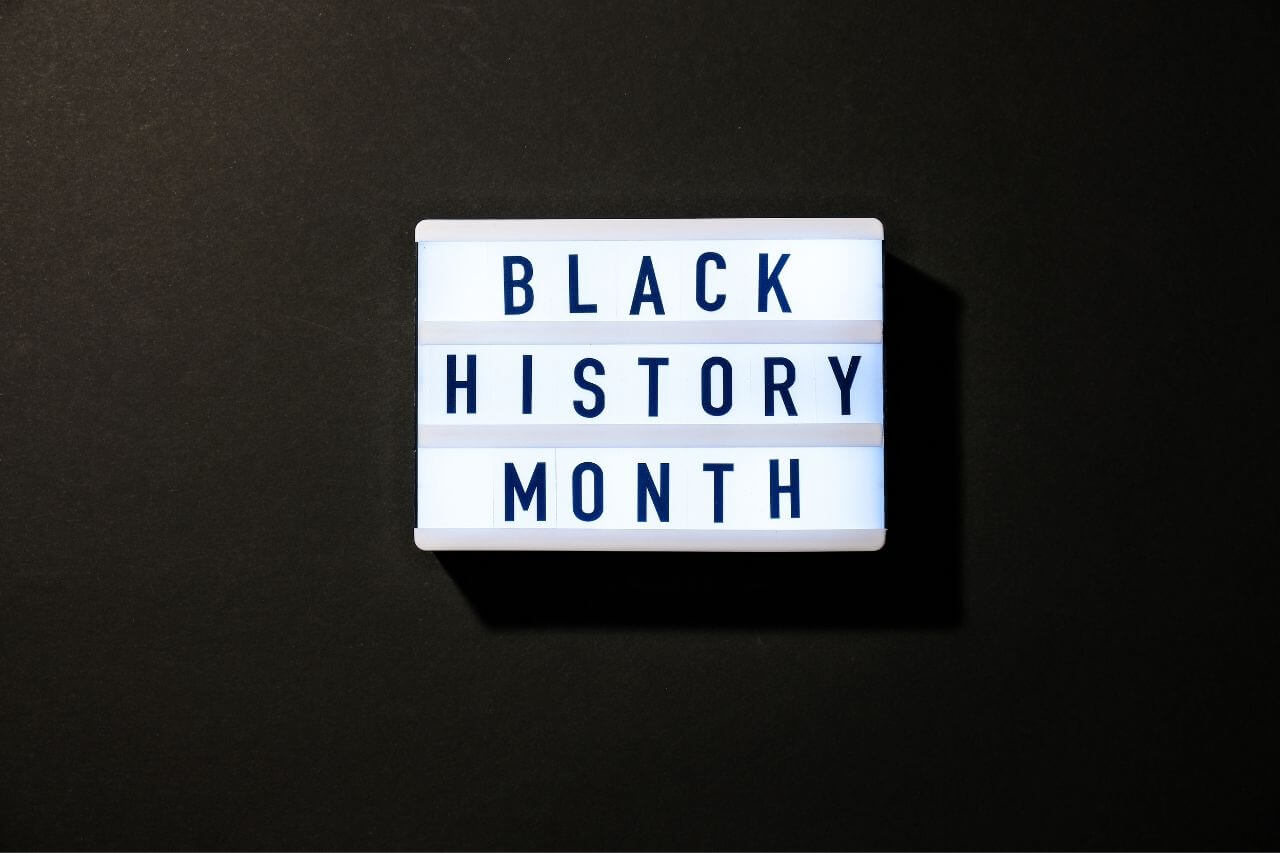Many celebrate Black History Month in February, and some choose not to. Here’s why black history month should not be ignored.
By virtue of the “White Discomfort” bill and parents’ refusal to teach their children about Black history, Black youngsters are receiving a clear message about where they stand.
I’m grateful to be alive. Several African-American teachers in my high school on Chicago’s South Side. In February, we put forth additional effort by writing plays about some of our favorite Black historical figures. To help us soak up the rich culture of the Black African diaspora, our professors would plan large-scale cultural events, which they would hold in the evenings so that our families could join us.
Who would have guessed, back then, that a growing number of parents and politicians were accusing my instructors of treason?
There have recently been a number of jurisdictions that have taken the lead in limiting the availability of history teachings and books both in the classroom and in libraries. As if going on a school field trip wasn’t enough, a school counselor in Indiana sent a statement to parents allowing them to opt-out of Black history classes.
According to a counselor’s note, white pupils would benefit from studying African-American history. However, parents might choose to opt their children out of the program. Providing parents with the opportunity to opt-out allows such parents to continue to support white supremacy.
Parents of color and indigenous people might be given the same attention, but would the idea of avoiding historical romanticism be laughed at?
Legislation known as “White Discomfort” is being promoted to empower racist parents, supporters, and enablers to further skew education as just another propaganda tool rather than an institution that shapes bright minds for the future. However, the most pressing question is: where was there a way for me to refuse?
Here is how they are responding to the conversation.
It’s heartbreaking to watch white apprehension aimed toward erasing Black excellence. It demonstrates that white children should not be exposed to the joys, successes, setbacks, and challenges of people of color.
However, what does this imply for the children of African-Americans? A Black child’s first impression of white people’s discomfort with their existence and history isn’t good. How does it make them feel that white history and white children are accepted in schools, prominent, and regularly displayed while black history and black children are ignored, concealed from the innocent eyes of white children?
It’s evident that none of this is a fluke. According to an article in the New York Times, the terminology used in various textbooks varies based on the book’s state.
For example, these subtle disparities appeared when discussing non-white narratives or anything that made white people look bad. As a result of all this, white discontent has been building for years in the educational system.
Still, today parents can publicly proclaim their ignorance and enjoy unending backing from politicians, media pundits, and famous people.
White people aren’t the only ones that suffer from racial prejudice. Similarly, indigenous and POC families have had to put up with their children in classrooms and participate in history courses that romanticize slavery and colonialism.
That’s considered patriotism among white folks. There is a substantial risk of being injured and having our patriotism questioned if Black and POC families continue to resist white supremacy rhetoric in schooling.
My family and I toured Philadelphia to hear a speaker before the outbreak. We made a stop at a comic book shop operated by a black woman and took our 15-month-old son to a public indoor play area as part of our trip.
Although the play area’s design and concept were great, I was uneasy. Our race didn’t make me feel any different from other parents. Because they regarded my child as the first Black child they’d ever seen, I felt uncomfortable with them.
You know the look I’m referring to, right? The youngsters all gave her the look. A face that is equal parts bemused and alarmed. I observed the white children forming tiny clusters and casting their gazes across the room at my daughter.
As soon as the lights were on, the roaches scattered like roaches in a dark room, so I realized I wasn’t projecting at all. Because their parents have no genuine interest in engaging in communities outside of their own, those youngsters acted the way they did.
They will be the face of white discomfort in the future, while my daughter will have to struggle for her own recognition. As a result, those white children’s parents and grandparents will have to answer for their actions and come to terms with their part in preserving white supremacy.
That’s why black history month should not be ignored!
Articles you might like: Anti-Racism Resources You Can Use in Your Families, Educating Your Child About Racism, Simple Steps Your Family Can Take to Fight Racism

